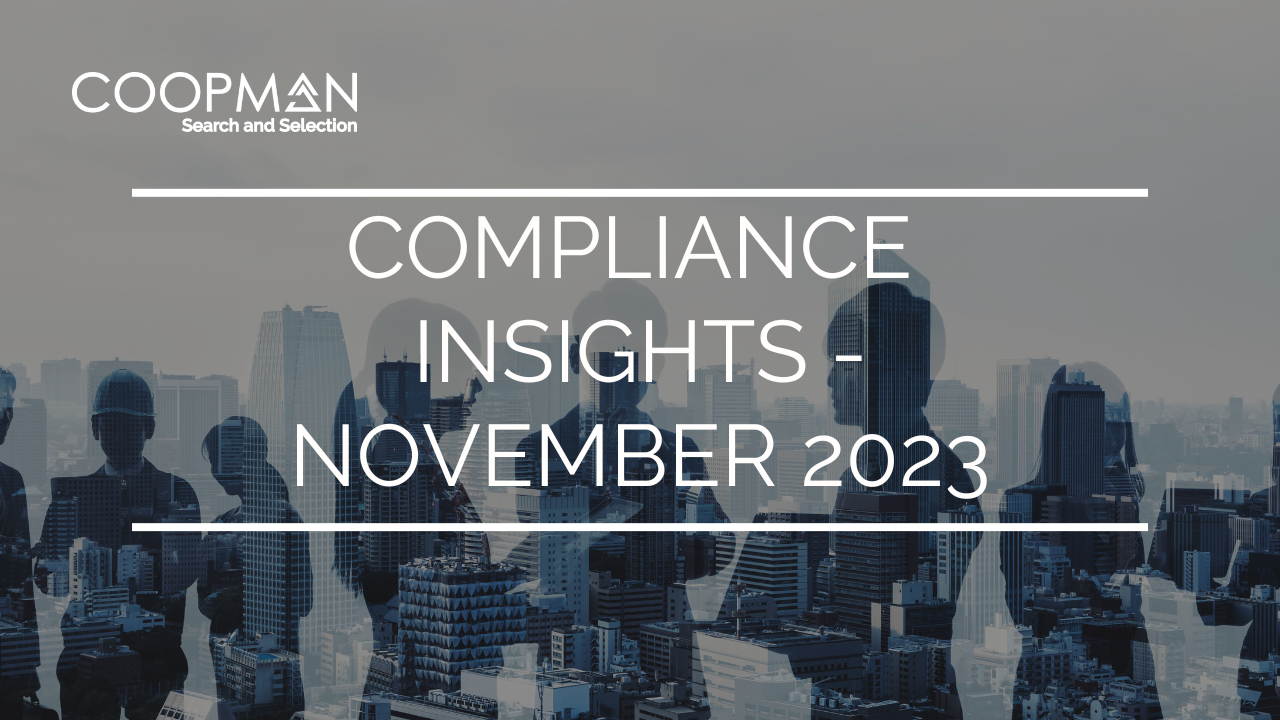As we approach the end of an unusual and challenging year, many professionals may be wondering if they should start looking for new opportunities in 2021. With the mass transition to remote working across financial services, varying levels of restrictions, a lack of social interactions and engagements, and the overall blurred lines between home and work life, career advancements have taken somewhat of a backseat amid constant change and uncertainty. Accompanying this, is the fact that many professionals have worked longer and harder than ever before, and may have developed a loyalty to their employer given the bizarre year. However with the rapid evolving successful development and roll out of the vaccine, people will start considering other opportunities in 2021. This article provides tips for financial services professionals who are thinking about looking for a new job in the new year.
WHEN IS IT THE RIGHT TIME TO LOOK FOR A NEW ROLE?
IN SEARCH OF NEW CHALLENGES
You may find the work you are doing is getting a bit repetitive or maybe you are looking to move into an entirely new area in financial services. You have a desire to try something new, to be more creative and feel ready to see what is available in the market.
CAREER ADVANCEMENT OPPORTUNITIES
You feel that you have gained great experience and exposure in your current role, and you are ready to take the next step in their career or move into a more senior role. You want to take on more responsibilities and ownership in your day-to-day role and the idea of managing a team or leading client-facing projects excites you.
LOOKING FOR A NEW ROUTINE
You have enjoyed your role and working with your current company, but your personal circumstances have changed. Maybe you have moved to a new house, maybe you are in further education or perhaps Covid-19 has simply changed your perspective. For example, you might be looking for an employer that will provide you with more flexibility, potentially the inception of a hybrid-working model.
WHAT SHOULD YOU KNOW BEFORE SEARCHING FOR A NEW ROLE?
JOB TITLES VARY
Many companies use different job titles for similar roles which can cause some confusion for individuals in search of new opportunities. Why is this the case? Firstly, applicants for pre-approved control functions, must satisfy minimum regulatory requirements and be pre-approved by the Central Bank before taking up a relevant position. However, despite the title, the requirements for such roles between a start-up and an established company for example, will be very different (listen to our recent podcast with Kevin McHugh for more on such regulations). Secondly, international companies establishing or growing in Ireland may use different job titles to others in the industry, however the role may be similar in terms of responsibilities and requirements.
RECRUITERS HAVE VALUABLE MARKET INSIGHTS
It is always good to speak to recruiters who are specialists in their respective fields as they know what is happening in the market at any given time and can provide you with valuable insights to aid your job search. By having regular confidential and casual conversations, you can keep in touch with the market and stay informed about what is currently available. By building a relationship with a recruiter, you will also be front of mind and often the first to know about any new suitable opportunities that arise in the market, not to mention the added benefit of expert advice in relation to job searches, CV writing, interviewing and more.
WHAT SHOULD YOU DO WHEN SEARCHING FOR A NEW JOB IN 2021?
COMPLETE YOUR LINKEDIN PROFILE
It’s vitally important to have your LinkedIn page updated with as much relevant content as possible so you’re ‘visible’ to recruiters. Include a detailed summary at the top of your page and list your responsibilities for your current and previous job titles. Why? Often recruiters search for a specific job title that may be different to your job title, however the role is similar in terms of responsibilities. If your profile contains relevant keywords within the detailed descriptions, you will appear in a recruiter’s search despite your job title being different.
EXPAND YOUR SEARCH
If you are using LinkedIn and job boards, consider using a number of different keywords in your job search to give you the best results. Consider using job titles that are comparable to the work you’re doing in your current role, allowing an extended search with more job options. Keep in mind that companies are changing the way they do things in terms of increased opportunities for remote and hybrid working, meaning jobs in geographical locations that were previously off limits may now be more accessible to you. And don’t forget to engage or even reconnect with professionals in your network, or expand your network by attending virtual or in-person networking events – the ideal position might just pop up through someone you know.
FOCUS ON THE JOB DESCRIPTION
To an extent, ignore the job title of new opportunities that arise in your industry. Instead, look at the intricacies of the job and ask yourself: “what does the company want the person in this role to do?”. By reviewing the details of the job description, you may find that in fact you have the experience for the role despite the job title. Using the description, then tailor your CV and cover letter for each role you are applying to, using relevant descriptive examples and ensure that you get the layout right to showcase your key achievements.
TALK TO US
Finally, contact a member of our team to talk about the financial services industry – we are more than happy to give you information about the market and advice on how best to conduct your search. Not there yet? No problem, take a look at our live job opportunities and follow us on LinkedIn to stay informed about the market.








